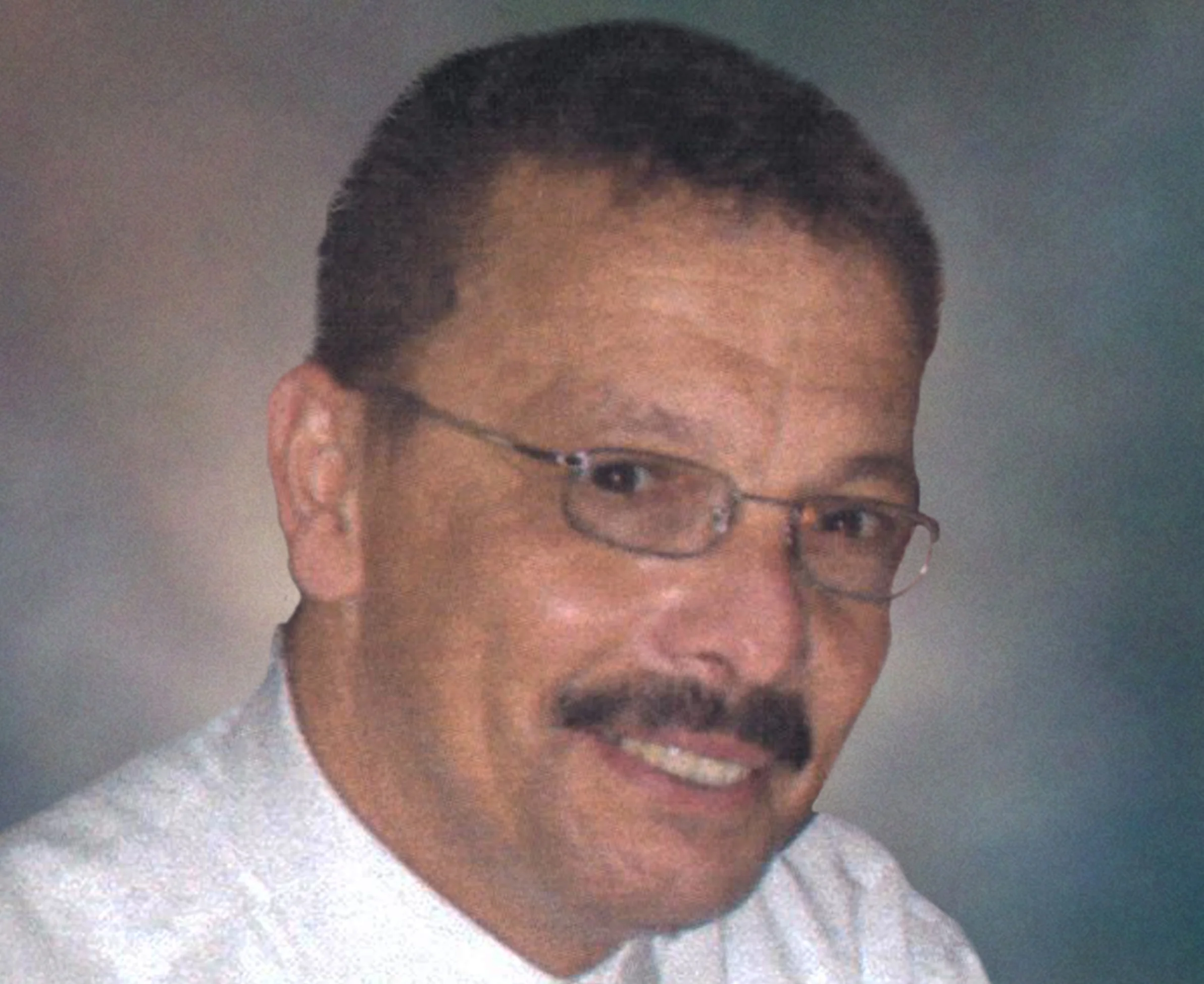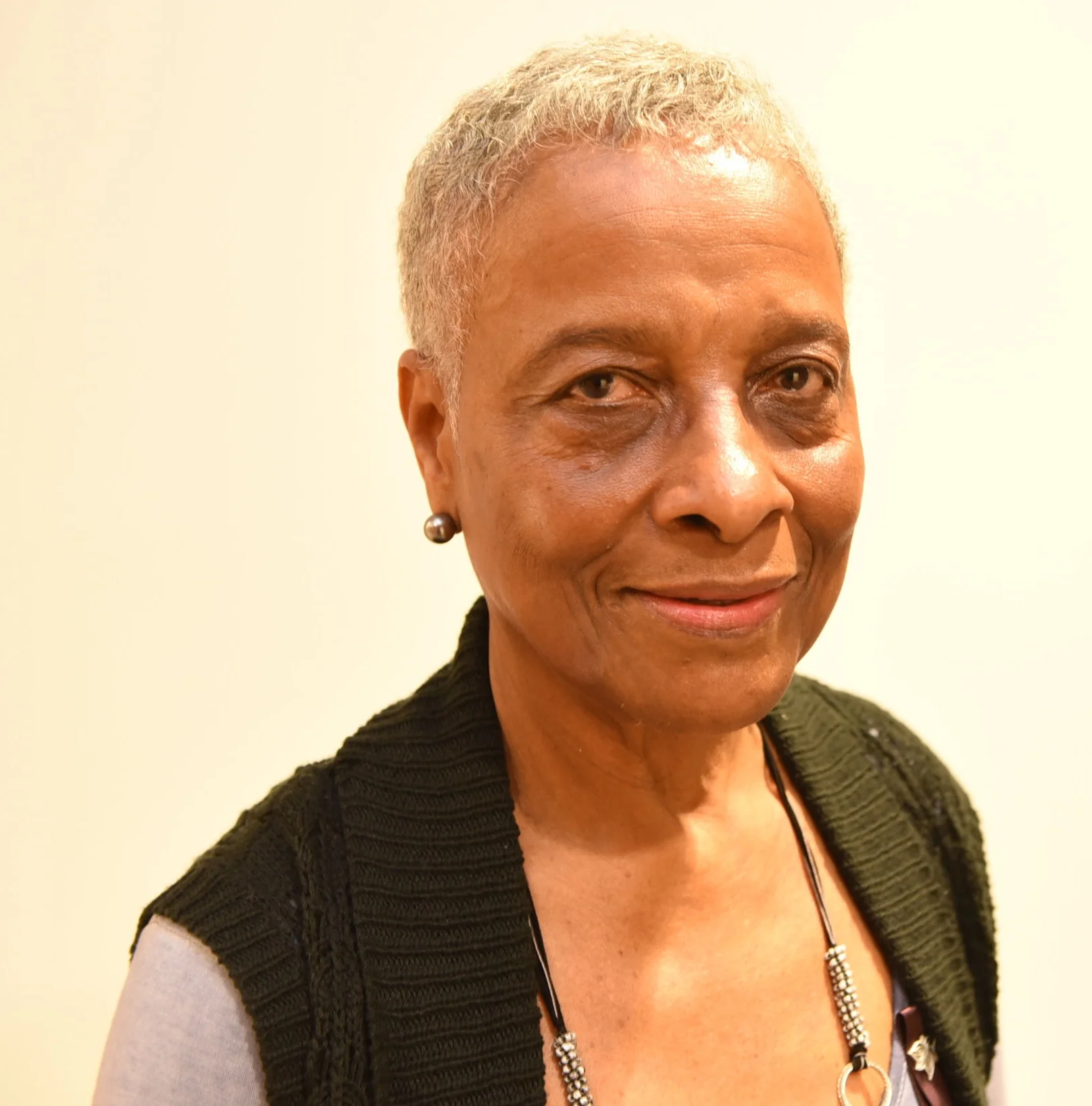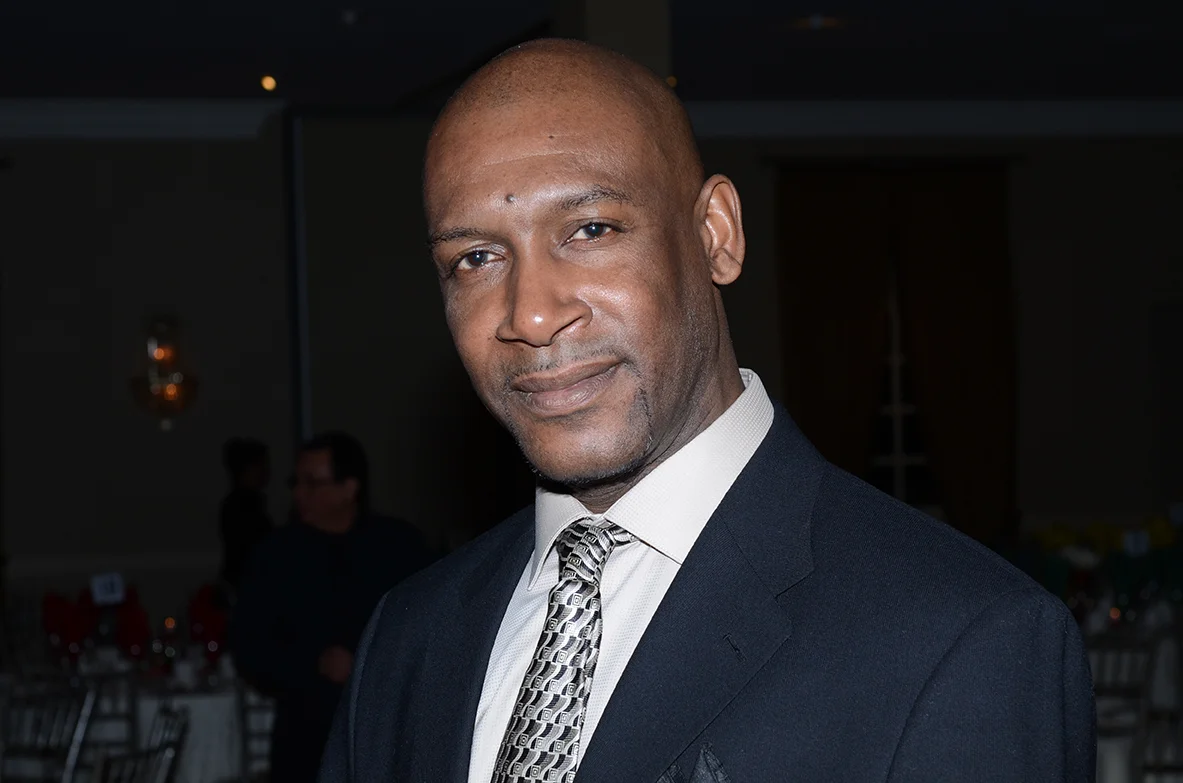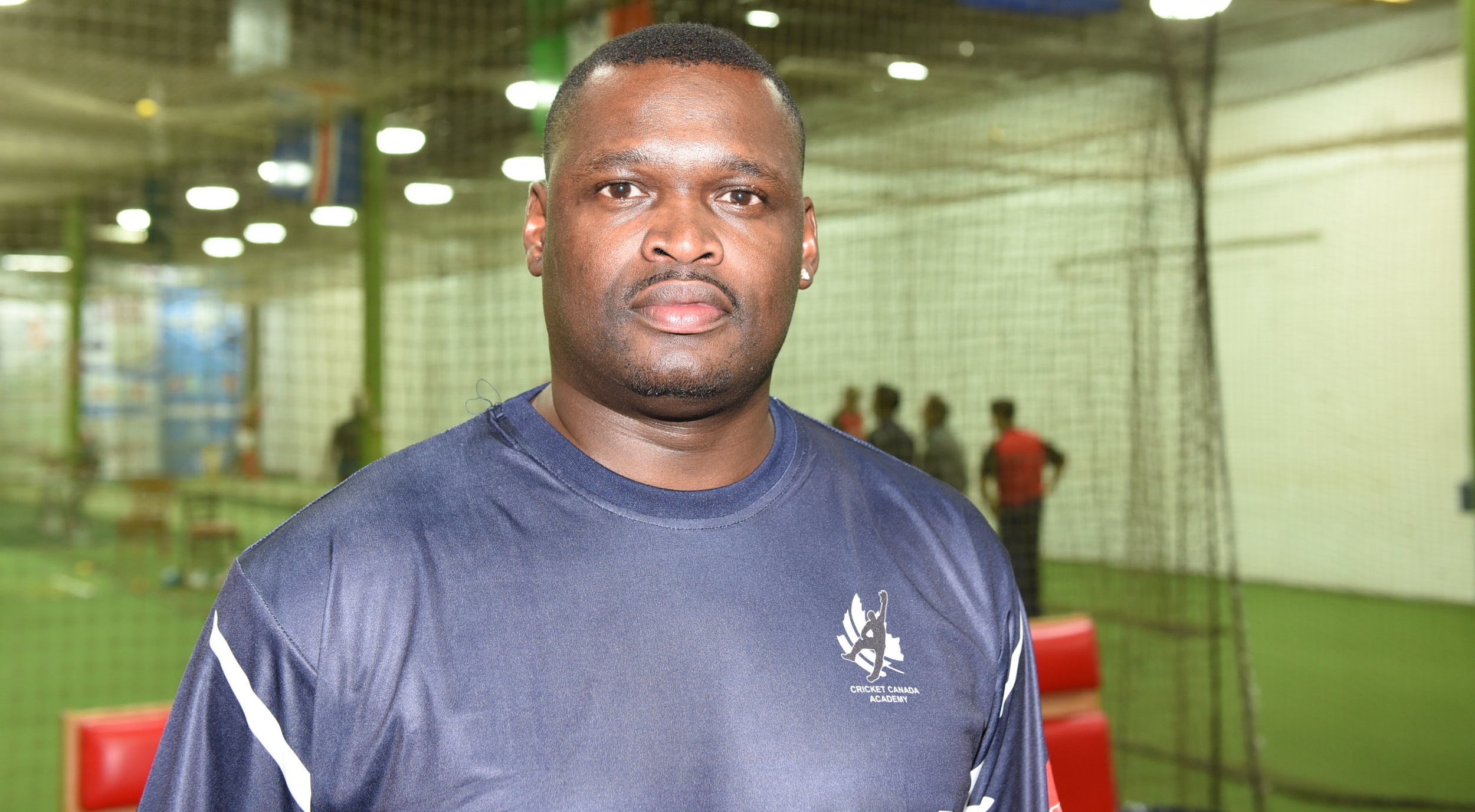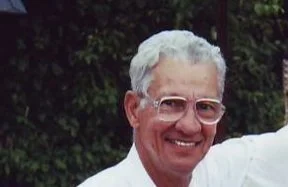Brian Hale was 'greatest cricket coach Canada ever had'
May 11, 2017
Just days before Brian Hale passed away last week at his Scarborough residence, the male nurse summoned to deliver palliative care recognized the name.
“As the lad approached the bedroom, he peeped in and remarked, ‘Coach, is that you’,” said Hale’s widow, Desiree Hale. “Brian recognized him and, though very weak, spoke briefly to the nurse. That was such a touching moment for me.”
That young man is among hundreds in Canada that Hale coached and mentored through the Toronto Cricket Academy (TCA) he started in 1992.
Graduates include retired wicketkeeper/batsman Ashish Bagai who represented Canada for 15 years and batsman Nitish Kumar who made history at the 2011 World Cup by becoming the youngest participant in the quadrennial tournament.
Derek Perera, who represented Canada at the junior and senior levels, was Hale’s first student.
“I was about 11 at the time and enrolled in Toronto Cricket Club’s youth program when Graham Castanheiro told me about this new academy starting up and encouraged me to join,” Perera recounted. “My dad drove me out to Scarborough and I was the only youth at Brian’s first session of organized cricket coaching.”
Perera, who launched the Ontario Cricket Academy in the city’s west end in 2002, said Hale was the best coach he played for.
“In my opinion, he was the greatest coach Canada has ever had,” he added. “It’s sad that he never got the opportunity to coach our national teams. He taught me discipline and ethics and how to be a professional. His teachings impacted my life and those of many others who went through his program. He was my guru and someone I could always turn to for sound advice.”
Cricket Canada’s development officer Zubin Surkari is also a TCA graduate.
“Brian was an integral part of my upbringing,” he pointed out. “He was my first coach and he was the one responsible for me falling in love with cricket. It’s because of him that I played the sport at the highest level and was able to make the successful transition to coach and administrator.”
Hale was a useful club cricketer in Guyana before migrating to Canada in 1971.
The diminutive opener played for the British Guyana Cricket Club (BGCC) which changed its name to Guyana Sports Club (GSC) after Guyana gained its independence in 1966. He was a member of the teams that won three straight Case Cup first division titles from 1967 to 1969 and the 1967 Rothman’s Cup (then the symbol of limited-overs cricket supremacy for first division teams.)
“Brian was the smallest member of the team, but he had the biggest heart,” former team-mate Ken Hyman, a middle-order batsman who scored a double century against East Bank in the last game of the 1969 season to win the Fred Willis trophy for the season’s highest individual score, said. “He was very jovial, courageous and determined to the point that he never took no for an answer. While playing Mackenzie Sports Club in Linden one weekend, we decided to spend the night there instead of travelling back to the city and the boys went to a party. None of the girls wanted to dance with us and when Brian approached one of them, she said she was tired. Brian sat next to her in a vacant seat and refused to move until she gave in and danced with him.”
Wicketkeeper/batsman Geoffrey “Reds” Murray captained the team which was the youngest in the 1969 Case Cup competition with an average age of 23.
“Brian had a big heart and that will live in my mind forever,” he said. “I will never forget the short quips when we batted together or the one season when we had 16 partnerships over 50 in succession. He was a great team man and one of a kind.”
Leslie “Tulu” Lewis, who played cricket and captained the GSC soccer team, was already at the club when Hale joined.
“Brian took his game very seriously and I can remember his dad (Arthur Hale) turning up for every one of his matches and proudly watching his son play,” said New York-based Lewis who was also a club administrator before leaving in 1973. ‘He was an integral part of our team and we are blessed to have played with him and to have known him.”
In March 1968, Hale represented Guyana Colts – the side included former West Indies batsman Alvin Kallicharran -- against the touring English cricketers led by the late Colin Cowdrey. Opening the batting with Isaac Seunarine, he scored 21 in his team’s total of 162-7 in 56 overs in the scheduled two-day contest that was reduced to one day because of rain.
Hyman has a fond memory of that match.
“As John Snow was about to bowl to Brian, this short little guy was heard to say, ‘Let me have a look at you quickie’,” Hyman recalled. “That was vintage Brian.”
Hale represented Victoria Park Cricket Club in the Toronto & District Cricket Association (TDCA) first division competition and Canada before turning to coaching.
“I will remember Brian as a very fierce competitor who loved to win,” said former club team-mate Martin Vieira, the International Cricket Council’s (ICC) first Americas regional development manager. “He took his cricket seriously and whatever he lacked in talent which he had a fair share of, he made up for with determination.”
Hale was a member of the Eastern Canada team that upset Australia which made a pit stop in Ontario for four matches on their way to the first World Cup in England in 1975.
It was Canada’s finest cricket moment since British Columbia defeated the Aussies by five wickets in 1932.
Against the fast bowling attack of Dennis Lillee, Alan Hurst and the late Max Walker, Hale and his opening partner Vince Green laid the platform for the memorable five-wicket win with a stand of 56.
Former Canadian batsman Franklyn Dennis, who was the game’s topscorer with an unbeaten 57, was struck by his courage.
“Brian never flinched against these big-time fast bowlers,” he said. “They bowled several vicious bouncers at him, but he just stood his ground without ducking. He didn’t have to as the balls were soaring over his head.”
The versatile Brian Sadler played against Hale in Guyana and in Toronto.
“For some reason, I took his wicket a few times while playing for Georgetown Cricket Club and Tranzac in the TDCA first division tournament,” the medium pacer recalled. “He had a weakness outside the off stump that I was able to exploit. Having said that, I will remember Brian as being very decent and polite and someone who took a keen interest in young people.”
Hale’s TCA program was the subject of a National Film Board documentary, ‘Cricket and the Meaning of Life’, narrated by Indian-born Sanjay Talreja who wanted to reconnect with his childhood love of the game after migrating to Toronto with his family in 1999.
Three years ago, Hale was recognized with the ICC Best Spirit of Cricket Award for four decades of significant contributions to Canadian cricket by overseeing the development of some of the best national players and using the sport as a tool to incorporate immigrants into their new homeland.
The TCA made several tours to the Caribbean and England and played matches against private schools in Ontario, including Trinity College School (TCS) where Andrew Gregg was the coach for 30 years until 2013.
“The Toronto Cricket Academy, under the leadership of Brian Hale, is the best thing to have happened to cricket in many years,” Gregg said shortly before he left. “Brian has provided TCS players with impressive, disciplined and usually unbeatable competition for a decade…The fun and excitement of these matches will remain highlights in the memories of many TCS students.”
A Central High School graduate, Hale worked at Wieting & Richter before coming to Canada.
Ailing for the last few months, he died peacefully at home with his family at his bedside.
“Brian was very private, he was man of very high principles and confident, he possessed a strong personality and he never shied away from his beliefs,” his wife of 45 years said. “He was also very motivated and committed to helping young people succeed through coaching. He never turned any youth away who approached him for help.”
Hale was cremated last week.
A celebration of his life will take place on Saturday, May 20 at the Delta Toronto East hotel, 2035 Kennedy Rd. in Scarborough, starting at 11 a.m.
In addition to his wife, Hale is survived by their sons Christopher and Andrew and four grandchildren.

